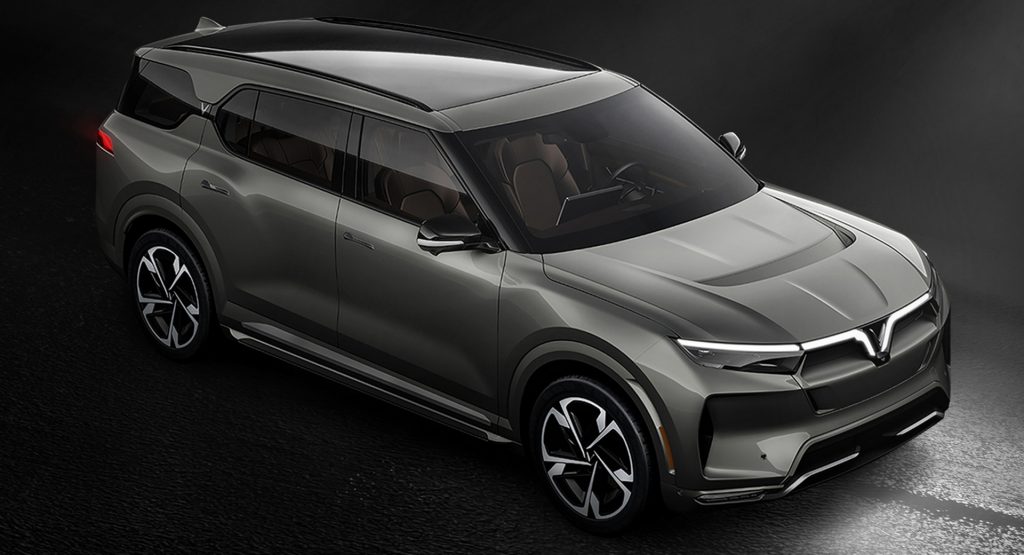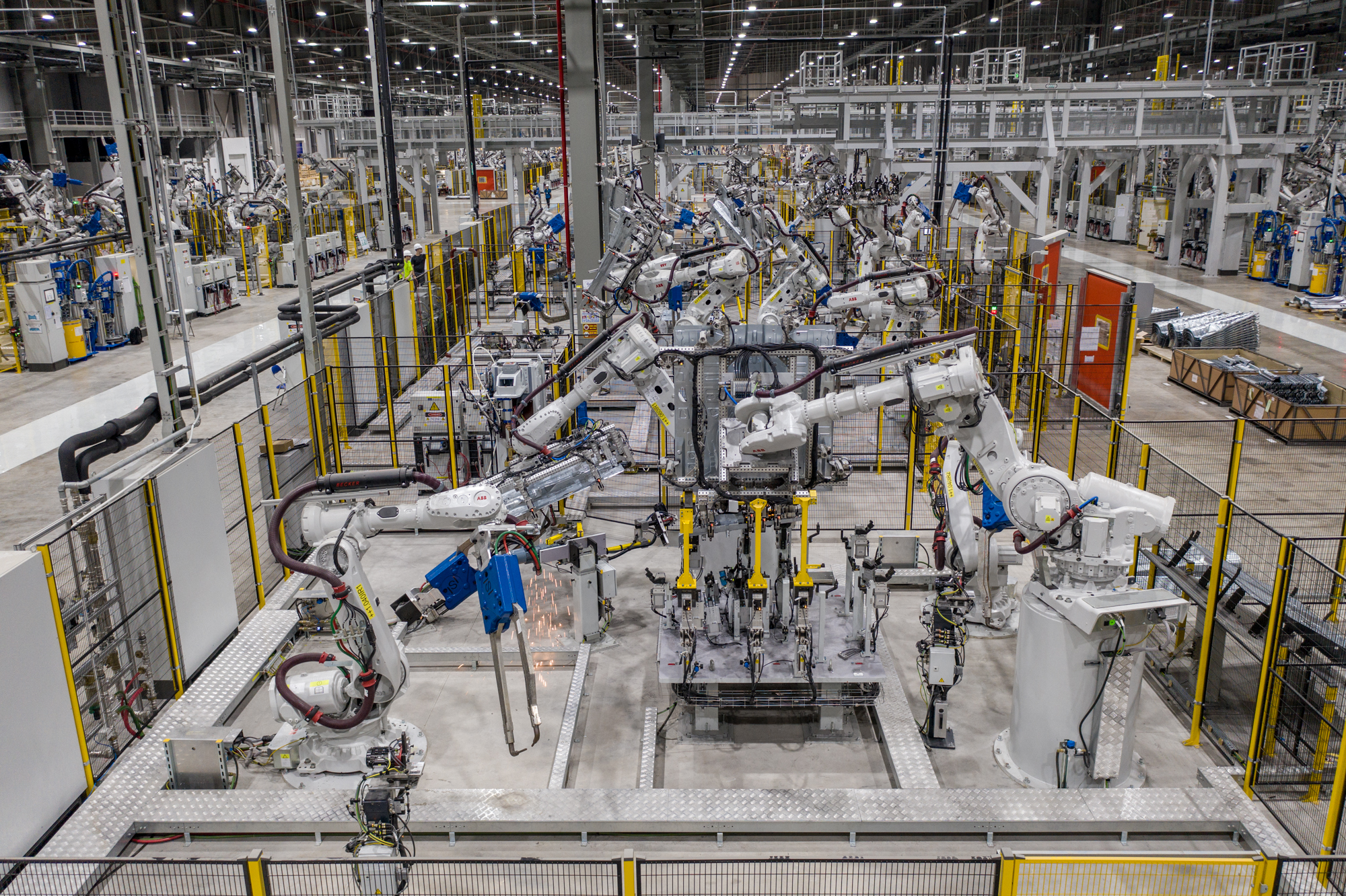VinFast has laid out three partnerships with industry companies that it hopes will make its electric vehicles the market leaders.
First, the Vietnamese automaker has announced that it is collaborating with Israel’s StoreDot to develop ultra-fast charging technology. The battery research company says that its technology can allow a 65 kWh automotive battery to charge to 80 percent capacity in just five minutes.
According to StoreDot, its technology replaces the graphite in a battery cell’s anode with “nano-scale metalloids” as well as “specially designed and synthesized proprietary organic and inorganic compounds” to speed up charging.
Read Also: Opel CEO Michael Lohscheller To Lead VinFast’s Global Expansion
StoreDot has already partnered with BP, Samsung, and Daimler and its technology has already been introduced to cellphones, drones, and e-scooters.
VinFast has also partnered with Taiwan’s ProLogium, which is working to develop solid-state batteries. With an energy density three times higher than lithium-ion ones, and less risk of fire, solid state batteries are widely considered the future.
Although other manufacturers, like BMW, have announced plans to develop solid-state batteries, Fisker gave up on the tech in March. The company called them too difficult to perfect, saying that the last 10 percent of the development is much, much more difficult than the first 90 percent. Still, the technology’s advantages make it an attractive one for automakers looking to develop lighter and longer-range EVs.
Finally, VinFast announced that it has signed a memorandum of understanding with Gotion High-Tech, a major battery manufacturer in China. Known for its lithium iron phosphate (LFP) batteries, the technology is designed to be cheaper than lithium-ion batteries for vehicles that don’t need a very long range.
Along with these companies, VinFast stated that its own R&D department is working on various projects and the company’s Chairwoman, Thuy Le, said that it will establish battery production facilities in Europe and the U.S. along with its existing site in Vietnam to support its global EV ambitions.





